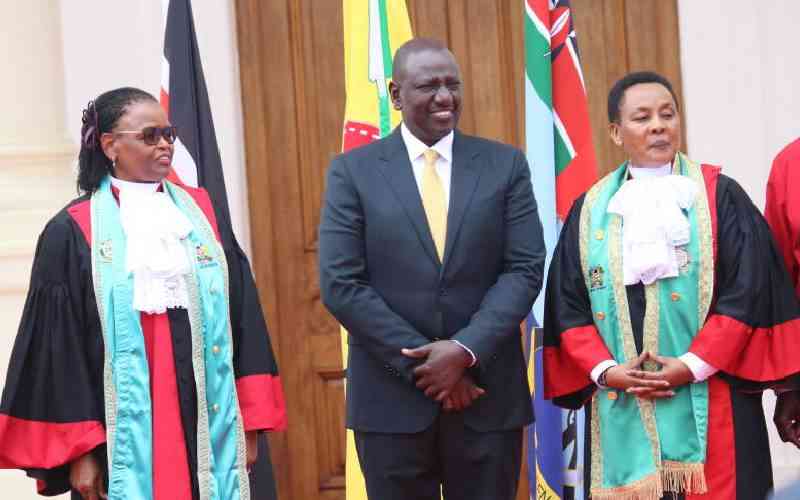
Although there was no expectation of favours within the Judiciary when former magistrate Justin Bedan Muturi was elected Speaker of the National Assembly, the cruel irony is that relations between the two institutions reached their nadir during his decade-long tenure.
A year before the end of its term, Chief Justice David Maraga wrote to the President asking him to dissolve Parliament for repeated failure to pass laws that would allow for the inclusion of at least one third of women in elective positions. Speaker Muturi challenged that advice in court, but the parliamentary term ended before judgment was delivered. As Speaker, Muturi has been a routine litigant in the courts, battling to clothe his decisions even as judges strip them bare. During the 10 years he presided over the National Assembly, the courts struck down at least 50 laws or amendments to laws because they were unconstitutional. Early in his tenure as Speaker, Muturi's offhand treatment of the Senate and his refusal to engage that chamber's Speaker in debating proposals for the allocation of revenue to the counties forced the Supreme Court to intervene though an Advisory Opinion in 2013. It is a dispute that has reared its head at least once more.